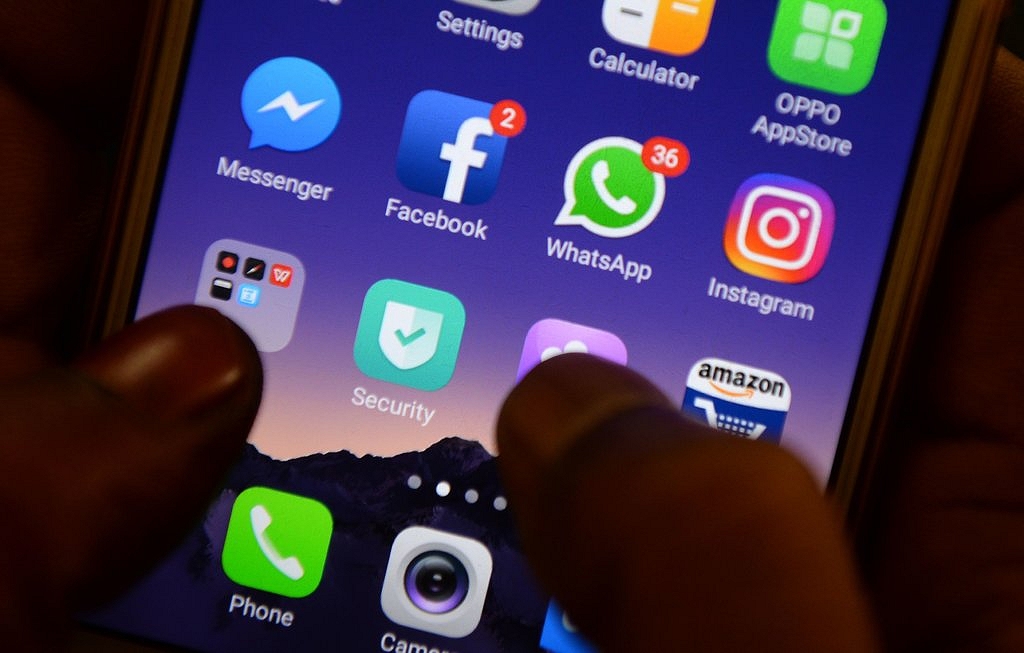Why it matters: Facebook is reportedly planning to unify the underlying messaging infrastructure of WhatsApp, Instagram and Facebook Messenger. Doing so, plus adding end-to-end encryption, has its pros and cons, mostly involving user privacy.
Four people involved in the project tell The New York Times that the overhaul requires thousands of Facebook employees to reconfigure how the platforms function at their most basic level. CEO Mark Zuckerberg has reportedly floated the idea for months but didn't start promoting it heavily until late last year, the sources said.
"By stitching the apps' infrastructure together, Mr. Zuckerberg wants to increase the utility of the social network," the Times said. The sources note that if people interact more frequently with Facebook's apps, it could allow the company to further build up its advertising business or launch new services to generate revenue.

The initiative hasn't helped to ease internal strife at Facebook. Instagram founders Kevin Systrom and Mike Krieger left in September after reportedly becoming frustrated with Zuckerberg's increased day-to-day involvement. WhatsApp founders Brian Acton and Jan Koum exited for similar reasons.
Zuckerberg has also reportedly requested that all of the apps incorporate end-to-end encryption, a security measure that would help protect messages from being viewed by anyone other than the intended recipients.
Once implemented, it would allow for cross-platform encryption, the Times said. For example, a Facebook user could send an encrypted message to a WhatsApp user.
Work to reconfigure the messaging functionality is expected to be complete by the end of the year or in early 2020.
Lead image via Chinnapong via Shutterstock. Second photo via Arun Sankar/Agence France-Presse --- Getty Images
